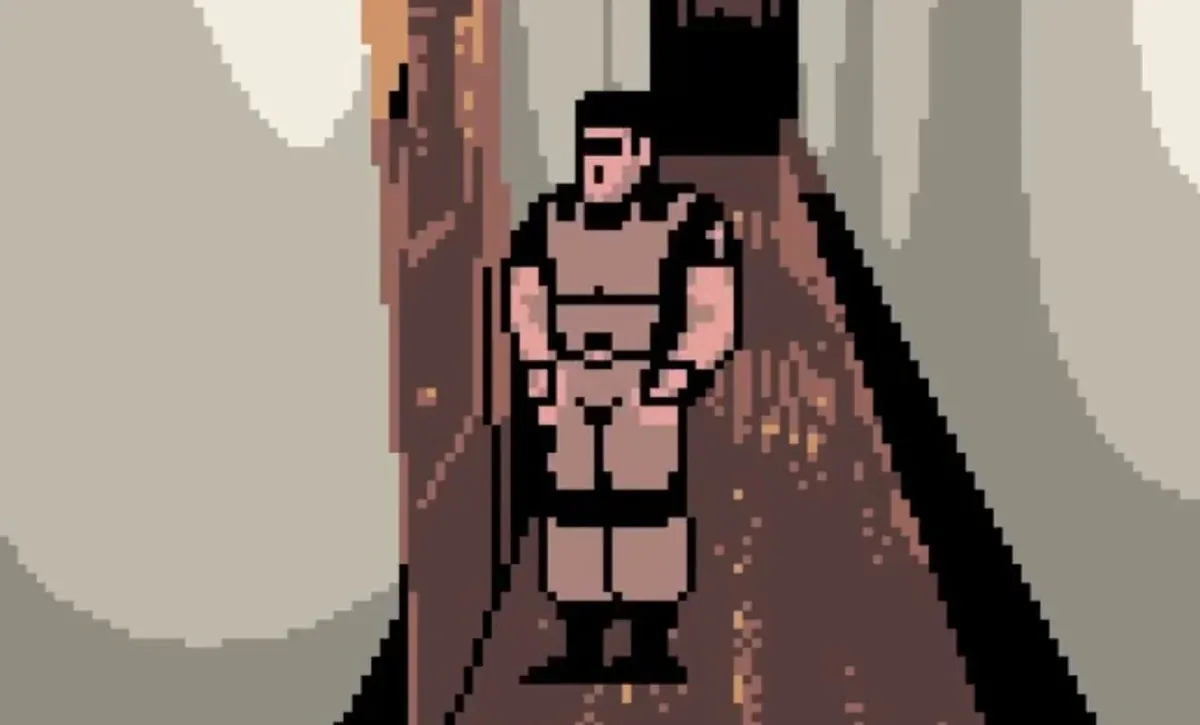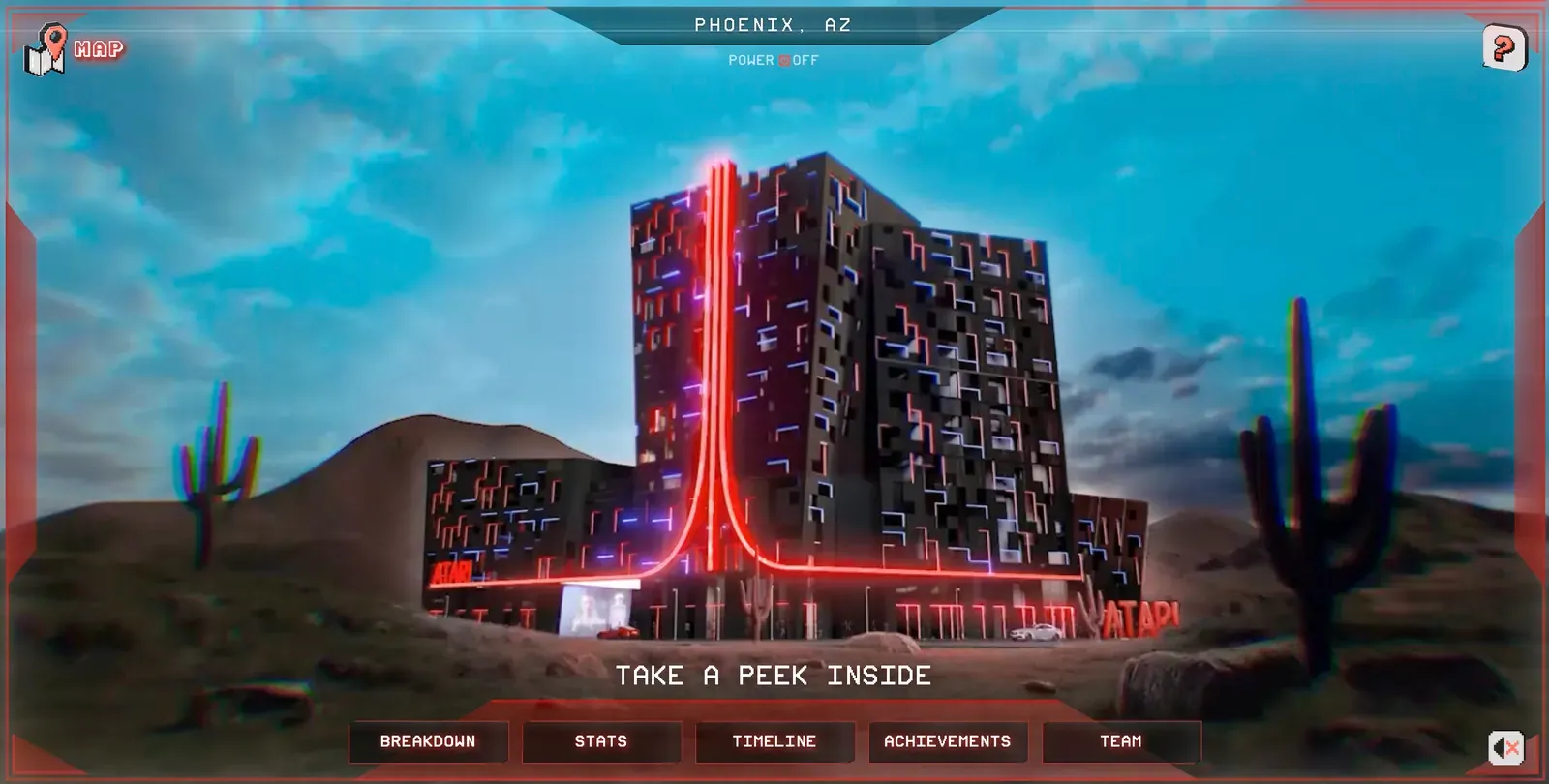Sega's Lost 1991 Dragon RTS Resurfaces After 30 Years
A lost Sega MegaDrive/Genesis real-time strategy game has resurfaced after decades in obscurity. Dark Empires, developed by Sega Technical Institute, offers a fascinating look at what might have been a pioneering game.
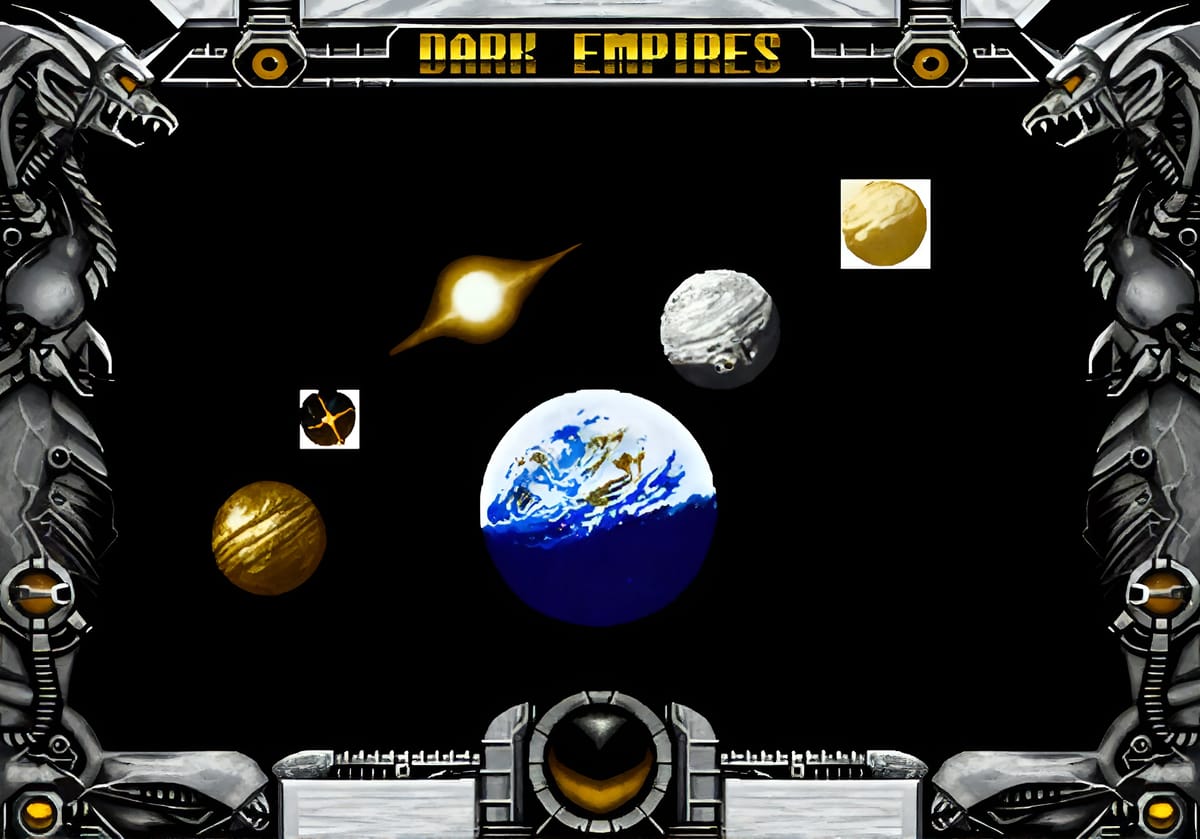
Dark Empires, Sega Technical Institute's long-lost Mega Drive/Genesis real-time strategy game, has finally emerged from the shadows after three decades.
The dragon-based RTS prototype, cancelled in 1991, has been preserved and released online by the gaming historians at Hidden Palace in collaboration with Sega Retro researcher Alexander Rojas, offering gamers a fascinating glimpse into what might have been.
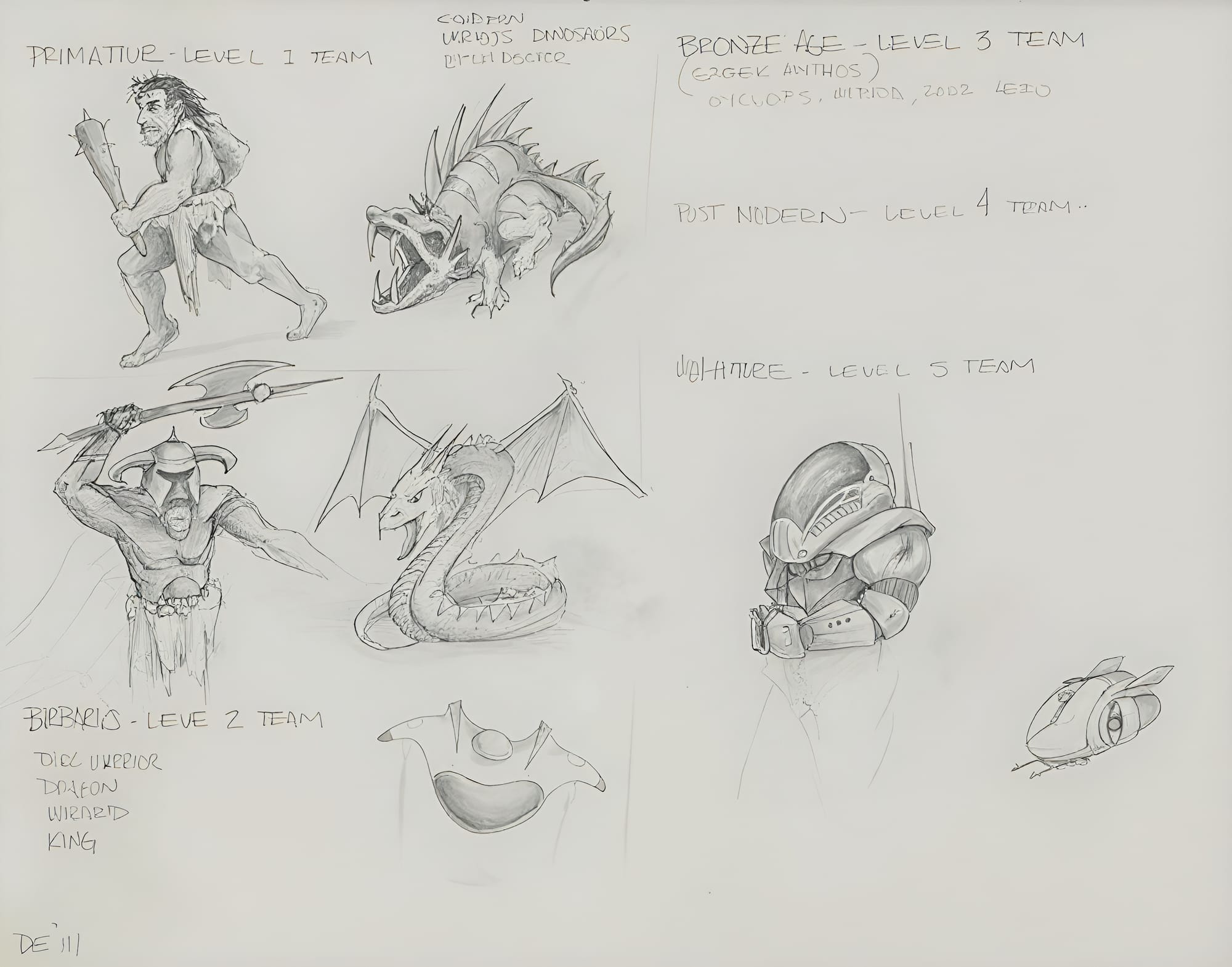
Originally conceived in 1990, Dark Empires represented one of the earliest projects from Sega's North American studio established by Mark Cerny. The game was the brainchild of designer Bill Dunn, whose passion for tabletop gaming heavily influenced the project. Development involved future Insomniac Games artist Craig Stitt alongside programmers Scott Chandler and Ken Rose, creating an impressive pedigree for this forgotten gem.
The prototype reveals a game heavily inspired by Technosoft's cult classic Herzog Zwei, focusing on strategic battles between warring dragon factions across different historical eras. However, despite reaching a playable state, the project was abruptly cancelled in late 1991. Stitt later reflected that the niche nature of real-time strategy on consoles likely contributed to its demise, suggesting it didn't align with Cerny's broader vision for the studio.
Interestingly, elements of Dark Empires found new life in subsequent projects. The core concept of a dragon journeying through different time periods bears striking resemblance to Stitt's initial pitch for what eventually became Spyro the Dragon at Insomniac. That original concept, entitled Lifespan, similarly involved guiding a dragon through historical settings like the Civil War while accumulating treasure.
Stitt acknowledged this connection in an August interview with Rojas, noting that while it wasn't a conscious decision, he believes there's definitely a link between the two dragon-centric projects. This revelation adds another layer to gaming history, showing how cancelled concepts can sometimes evolve into beloved franchises.



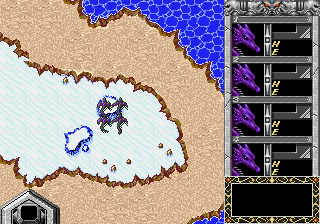
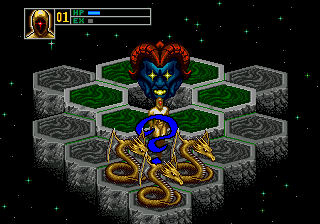
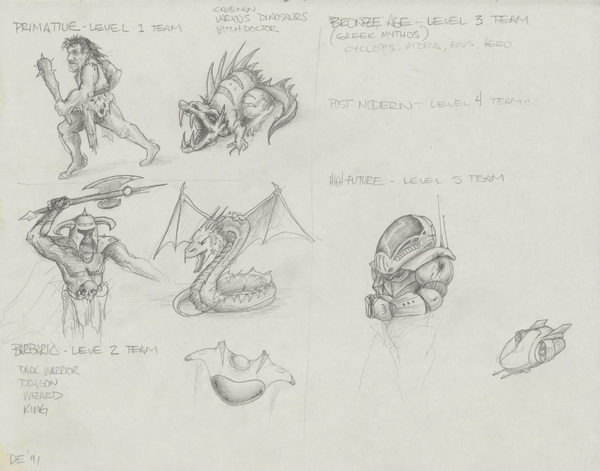
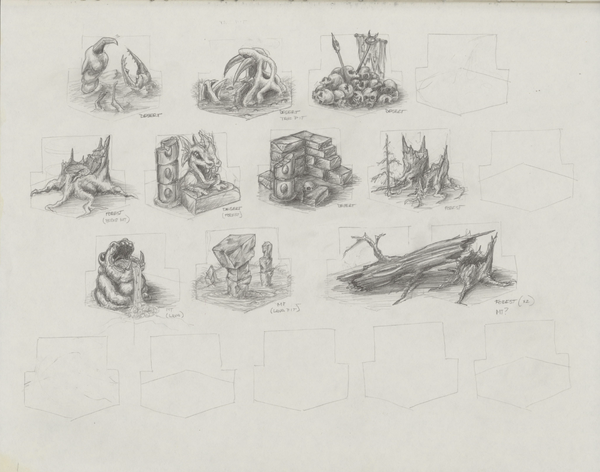
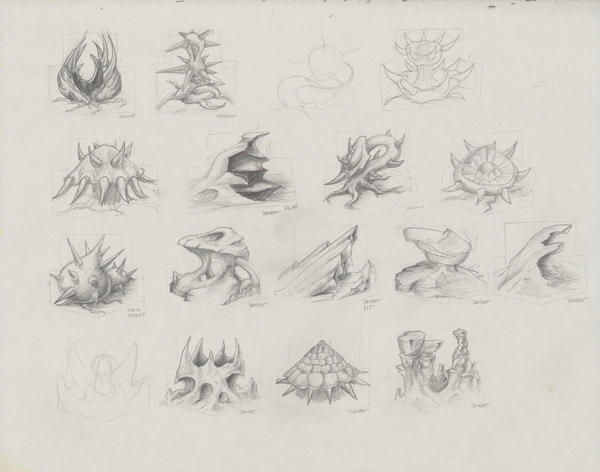
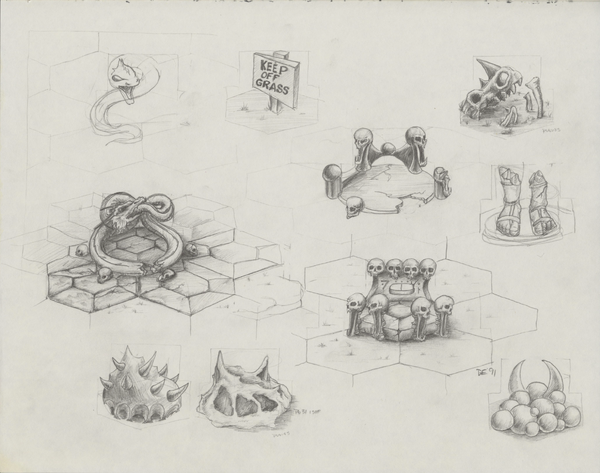
Credit: Hidden Palace
The preservation of Dark Empires represents another victory for gaming historians and enthusiasts. Meanwhile, initiatives like the work at Hidden Palace continue to ensure that even failed projects find their place in gaming's rich tapestry, reminding us that every cancelled game carries lessons and inspiration for future creations.


